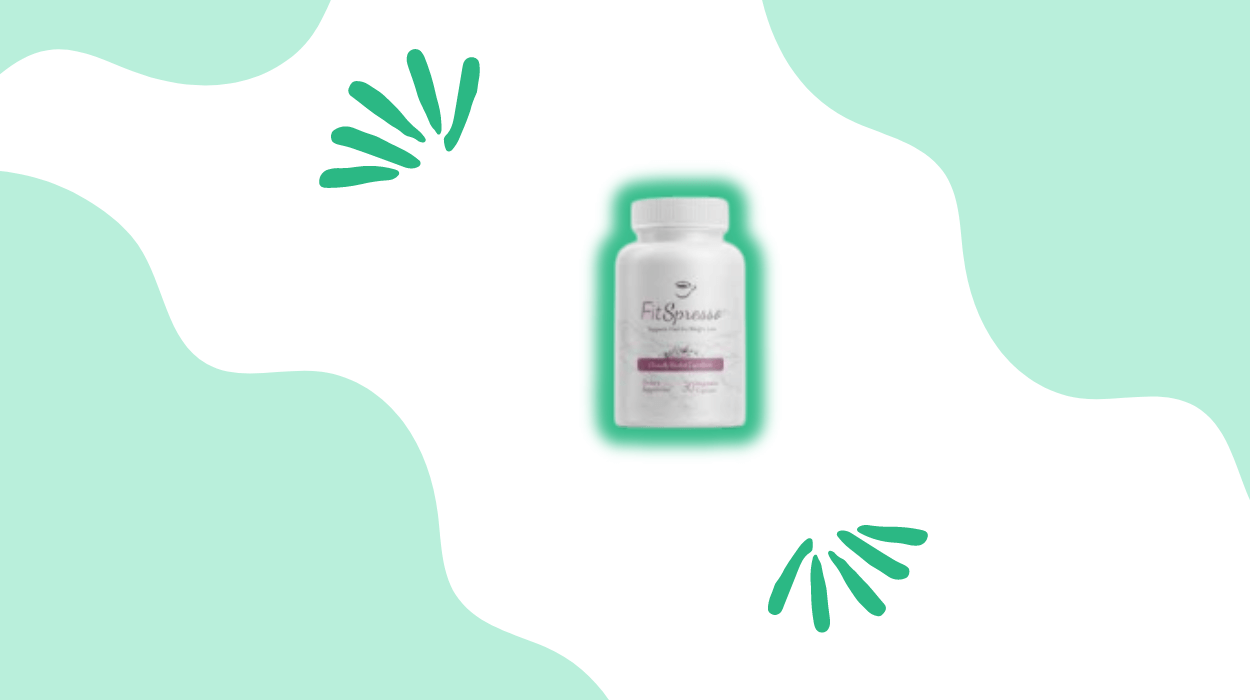

Juicing involves extracting the liquid from vegetables and fruits. A juice diet has meals replaced with juiced fruits and vegetables, with the idea that it might promote weight loss.
Trying the juice diet might be an easy way to get some nutrients without having to eat whole vegetables and fruits. However, following a juice-based diet has its pros and cons.
Some juices are lower in calories than other drinks, such as soda or energy drinks, making them a healthier substitute.
However, there are concerns about the increased free sugars in juice and their potential impact on blood sugar and insulin levels.
This article will weigh the health benefits and potential drawbacks of juicing for weight loss. It will also give juicing recipes for weight loss and explain if juice-based diets aid weight loss.
Juicing implies drawing out the liquid from fruits and vegetables while removing the solids, fiber, and pulp. It could be used as a simple method to obtain nutrients or as a means of weight loss.
The resulting juice contains the liquid, some nutrients, and antioxidants. Still, it lacks the fiber content found in whole fruits and vegetables.
Juice recipes combine fruits and vegetables, like celery, carrots, apples, spinach, oranges, and wheatgrass. Some recipes may include spices like ginger and turmeric for enhanced flavor and potential health benefits.
Some people use juicing to support the body’s detoxification processes. However, the idea that drinking juice alone can detoxify the body lacks scientific backing.

Citrus cucumber juice is a refreshing and hydrating beverage enjoyed as part of a balanced diet. Cucumbers are low in calories and have high water content, making them a hydrating addition. They also provide vitamins K and C, as well as some fiber.
Citrus fruits like limes and lemons are high in vitamin C and may add a tangy flavor to the juice.
How to make:
Citrus cucumber juice is popular among those looking to add extra fruits and vegetables to their diet. Consuming citrus cucumber juice into a well-rounded diet consisting of whole foods might contribute to moderate weight loss.
Orange juice contains calories, primarily from natural sugars. One cup of orange juice contains around 112 calories and 124mg of vitamin C. If freshly squeezed, orange juice may contain some dietary fiber as well.
It naturally contains sugar from the fruit itself. However, drinking excessive amounts of orange juice may increase calorie and sugar intake, hindering weight loss efforts.
Carrot juice comprises essential vitamins and minerals. It is rich in vitamin A, which is necessary for maintaining healthy skin and vision. It also comprises vital nutrients like potassium, vitamin C, and antioxidants, contributing to overall health and well-being.
Although the fiber content may be lower than whole carrots, carrot juice might still contribute to feelings of fullness and aid weight loss.
Many juice diets may support weight loss efforts in the short term. Homemade juices comprising vegetables and fruits are often lower in calories. They could reduce total calorie intake, potentially aiding weight loss. However, weight regain is likely once you revert to regular eating patterns. It occurs because juice diets lack solid foods, making you hungrier than usual.
Most people are not able to fulfill their nutrient requirements from diet alone. It may be due to the processing methods and the time it takes to procure and cook a meal.
Vegetables and fruits contain essential nutrients, antioxidants, minerals, and vitamins that improve health and well-being. Those with difficulty, including whole fruits and vegetables, may benefit from juicing.
As per a study by Ingrid Kiefer and Anita Rieder, people who consumed vegetable and mixed fruit juice over 14 weeks, had increased concentrations of nutrients, including vitamin C, selenium, vitamin E, and folate.
Juice-based diets are primarily composed of nutrient-rich fruits and vegetables with immune-boosting properties. Citrus fruits like oranges and grapefruits are high in vitamin C, which may help increase white blood cell production to fight infections.
Leafy green veggies like kale and spinach also contain immune-boosting nutrients like iron, vitamin A, and vitamin C.
Thus, juicing may provide the body with essential phytonutrients like carotenoids and flavonoids, which contain anti-inflammatory virtues that help boost immunity.
Some people may claim that consuming juices helps them with weight loss. However, there is no concrete scientific backing for this assertion.
Juicing, as part of a balanced diet, might aid in reaching a moderate weight. Still, the juice itself does not possess any unique ability to burn fat or remove toxins.
Some juices are lower in calories than sugar-laden beverages like soda and energy drinks. People may reduce their total calorie intake by substituting these high-calorie beverages with juice, potentially aiding weight loss.
People who dislike consuming whole fruits and vegetables could include juice. Doing so may help them increase their intake of these nutrient-rich foods. However, the benefits of a juice diet may be similar to consuming whole vegetables and fruits.
Juice fasts typically comprise vegetables and fruits in a liquid form, which lacks protein content. Following a juice-only diet may induce protein deficiency and muscle breakdown, potentially reducing lean muscle mass.
When lean muscle mass decreases, the body’s resting metabolism decreases, meaning fewer calories are burned. Such effects make it more challenging to sustain weight loss.
Reduced lean muscle mass might induce fatigue, weakness, and a reduced ability to partake in physical activities. It could lower bone density, increasing the risk of osteoporosis.
People who try juice cleanses might exhibit behaviors consistent with eating disorders.
Juice cleanses often involve strict calorie restriction, which may be a characteristic of eating disorders like anorexia nervosa.
The extreme restriction may lead to nutritional deficiencies, muscle loss, and negative impacts on overall health.
Many people in juice cleanses desire to consume “clean” or “pure” foods. Such fixation on eating only specific foods may be a sign of orthorexia nervosa. This eating disorder could cause restrictive eating patterns and a preoccupation with food quality and purity.
Some people following a juice-only diet could indulge in unhealthy compensatory behaviors. These may include excessive exercise or laxative use to control their weight. Such behaviors may be indicative of an eating disorder.
Juice fasts typically exclude animal products, resulting in a low intake of essential nutrients. These nutrients may include vitamin D, calcium, iron, vitamin B12, and zinc. Inadequate consumption of such nutrients may induce conditions like anemia and osteoporosis.
A juice-based diet might be deficient in omega-3 fatty acids, essential for combating inflammation and supporting brain and heart health. Juice diets are often low in fat and may disrupt the absorption of fat-soluble vitamins A, D, E, and K.
Some raw vegetables used in juicing, like beet greens and spinach, contain high oxalate levels. These compounds may bind to bodily minerals and hinder their absorption. In rare cases, excessive oxalate intake may even lead to kidney damage.
Juice diets often significantly reduce calorie intake, potentially leading to short-term weight loss. However, without sufficient calories, the body may struggle to perform daily activities, leading to feelings of weakness and fatigue.
During juicing, a significant portion of their fiber content gets stripped off. Without adequate fiber levels, the body may experience rapid fluctuations in blood sugar, leading to fatigue and weakness.
Juice diets typically lack essential nutrients like healthy fats, protein, and specific vitamins and minerals. Without an adequate intake of these nutrients, the body may not have the resources to maintain optimal energy levels.
Following a juice-only diet may deplete your reserves of immune-enhancing nutrients like iron, vitamin D, and zinc. A compromised immune system could make you catch illnesses like colds and the flu. It might also take longer for your body to heal wounds.
Protein helps regulate immune function, as it supports the production of immune cells and antibodies. However, juice diets often lack sufficient protein, potentially weakening immune systems’ defenses against infections.
Juice diets typically lack the fiber that maintains a healthy gut microbiome. Without sufficient fiber intake, you might experience a compromised immune system increasing your chances of falling sick.
Recommended: How Much Sugar Is Safe To Take Per Day To Lose Weight?
No specific juice/food could target belly fat reduction or spot reduction of fat. However, maintaining a moderate weight with calorie control and consistent exercise might reduce overall body fat, including belly fat.
Juicing alone does not lead to weakness and fatigue. However, a juice-only diet may lack essential nutrients, leading to nutrient deficiencies and fatigue. It is vital to maintain a balanced and varied diet for optimal health.
You should avoid juicing oxalate-rich vegetables like beets, kale, and raw spinach, as high oxalate levels may potentially harm kidney health.
Juicing may be associated with eating disorders like anorexia nervosa, as juice diets often involve severe calorie restriction.
Carrot juice recipes might be a delicious and nutritious addition to a balanced diet. Some popular recipes include blending carrots with apple, ginger, and turmeric. Besides, you may combine carrots with other fruits and vegetables for a healthy and refreshing beverage.
Juicing comprises calorie restriction that may lead to weight loss in the short term. However, long-term weight loss goals require adherence to whole foods and enough calories to sustain healthy body functioning.
You may try and benefit from some healthy weight loss juice recipes mentioned in the article, such as orange juice, citrus cucumber juice, or carrot juice.
Eating mindfully, maintaining adequate protein intake, consuming fiber-rich foods, and getting enough physical activity are some natural ways to support weight loss.
Tyler Read earned an undergraduate academic degree from Sonoma State University, California and is a certified personal trainer (CPT) with NASM (National Academy of Sports Medicine). With over 16 years of experience, Tyler has trained clients both online and in-person.
He is passionate about helping others turn their love for fitness into a career. Tyler has worked with many local and commercial gyms before establishing his successful private personal training business, which he continues to operate.
